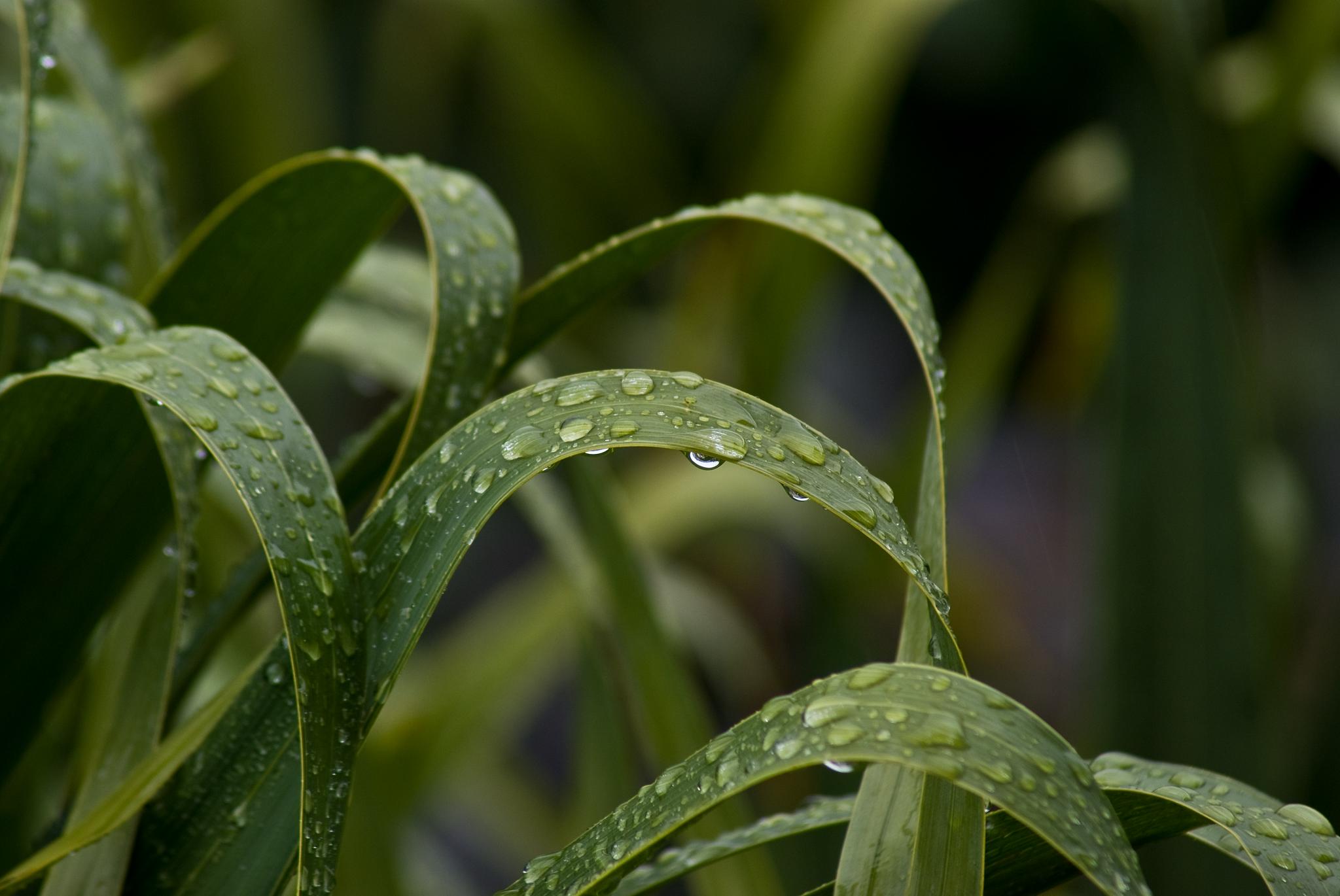The Atlantic Explores Thoreau’s “Poetic Wonder and Scientific Rigor”
In a new piece for The Atlantic, journalist Andrea Wulf explores Thoreau’s 2-million word journal to discover the luminary’s other masterpiece: the private diary where he “discovered how to balance poetic wonder and scientific rigor as he explored the natural world.”
Writing on the topic of Thoreau’s legacy, Wulf explains:
“What the 32-year-old Thoreau quietly did in the fall of 1849 was to set up a new and systematic daily regimen. In the afternoons, he went on long walks, equipped with an array of instruments: his hat for specimen-collecting, a heavy book to press plants, a spyglass to watch birds, his walking stick to take measurements, and small scraps of paper for jotting down notes. Mornings and evenings were now dedicated to serious study, including reading scientific books such as those by the German explorer and visionary thinker Alexander von Humboldt, whose Cosmos (the first volume was published in 1845) had become an international best seller.
As important, Thoreau began to use his own observations in a new way, intensifying and expanding the journal writing that he’d undertaken shortly after graduating from Harvard in 1837, apparently at Ralph Waldo Emerson’s suggestion. In the evening, he often transferred the notes from his walks into his journal, and for the rest of his life, he created long entries on the natural world in and around Concord. Thoreau was staking out a new purpose: to create a continuous, meticulous documentary record of his forays. Especially pertinent two centuries after his birth, in an era haunted by inaction on climate change, he worried over a problem that felt personal but was also spiritual and political: how to be a rigorous scientist and a poet, imaginatively connected to the vast web of natural life.”
With regards to the past year’s crippling natural disasters and mounting concerns over international environmental policy, Thoreau’s writings– even those that didn’t initially garner public attention– seem more relevant than ever.
Ultimately, as Wulf points out, “For Thoreau, a sense of wonder—of awe and oneness with nature—was essential.”
Read the full article here.



































